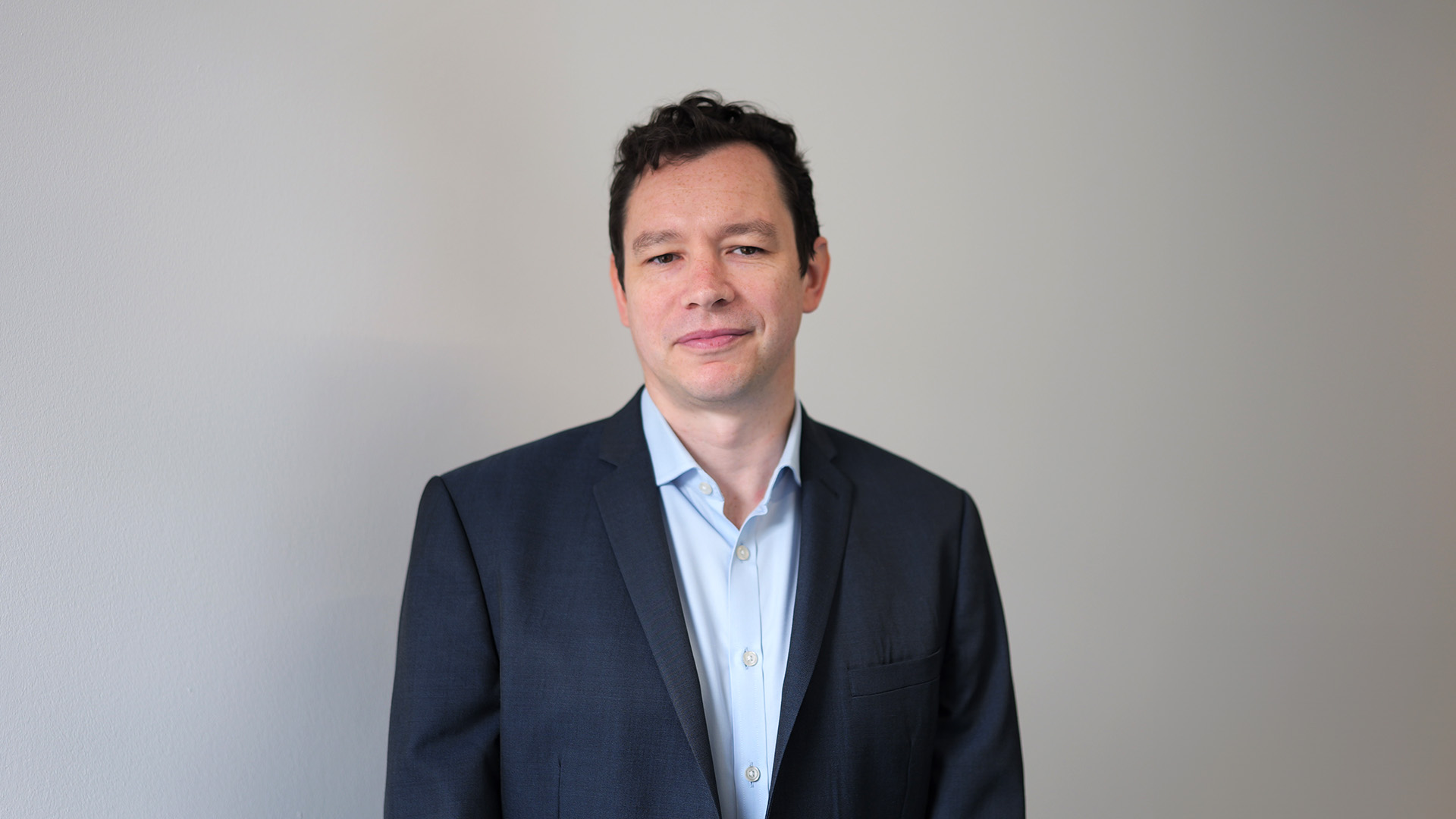The University of Birmingham has created a system for researchers to commercialise their technology and find clients before incorporating a company.

Creating a new company comes with inherent risk — can you find customers and generate revenue? But what if there was a way you could test out the market for a university spinout — operating in every way as a spinout company might — without actually having to strike out and go it alone?
This is the idea that the University of Birmingham is testing out with a programme that allows researchers to set up a virtual commercial entity that can act like a business, while the tech transfer office still handles legal management, insurance and finances — including paying everyone’s salary.
“Rather than just rushing a spinout out the door, it’s giving them time to develop. It’s not necessarily holding back the spinout because they’re being enabled to go out and gather their networks, learn about the market they’re in and generate revenue,” says Vincent Coole, head of academic consultancy services at University of Birmingham Enterprise, the university’s tech transfer office (TTO).
“They don’t have to worry about their cash-run all the time. We’re providing them with insurance coverage. If their money runs out, it’s okay. It’s de-risked the very early stages of that enterprise.”
Don’t call it a spinout… yet
The Operating Divisions (EnterpriseOD) programme run by University of Birmingham Enterprise was set up many years ago as a way for researchers to offer their services as a consultancy. But when Coole joined the TTO in November 2021 he spotted an opportunity to use it as a breeding ground to create more spinouts.
The first real test case was Dexter, which has developed a platform to get clinical insights from large healthcare data sets in minutes (the researchers published their paper on the technology in 2020). The team wanted to spin out, Coole remembers, but were convinced to wait by Dan Somers, a partner at Boundary Capital Partners who was lending his expertise to Dexter.
“The researchers took a bit of persuading,” Coole says. “We set Dexter up as an operating division, in mind that it was going to spin out in 12 or 18 months.” They achieved that goal by incorporating Dexter in October 2023.
In the year preceding the formal spinning out, Dexter’s team entered the market like a regular company and quickly started securing revenue. Dexter entered into partnership agreements with clients like Pfizer and “they landed a big commercial agreement with an NHS trust, an agreement with a data provider in France and with AstraZeneca,” Coole recalls.

Legally, contracts are signed with University of Birmingham Enterprise and team members that are hired are subcontractors via the tech transfer office. But any income is put into a dedicated pot that the researchers can use as they see fit — money doesn’t have to be spent within the financial year and it doesn’t even have to be spent on the spinout, it could go back to the originating lab for further research or to buy equipment.
EnterpriseOD takes a 15% fee to cover its costs. The tech transfer office may also include a fee for the intellectual property, though this doesn’t kick in immediately. “After a certain threshold — say, when they make their first £100,000 — 10% goes back to university,” Coole explains.
EnterpriseOD currently has 15 such virtual entities. The plan for all of them is to spin out eventually.
Not right for everyone, but for an increasing number
Other institutions are taking note. Coole says even universities in other countries have reached out and he is keen to share best practices but operating divisions take a mindset shift, he cautions. “It requires a lot of collaborative work between your spinout managers, your IP managers, the contract team, and the people running the operating division itself. It’s one of the success stories at Birmingham that we’ve been able to do that.”
It’s not the right approach for every spinout, Coole adds, because it is geared towards IP-rich projects that need more time to mature before investors can come in. But increasingly, Coole has colleagues approach him asking if a potential spinout could first be trialled in this new way.
Projects that go through EnterpriseOD before spinning out can find it much easier to attract investor interest, Coole says. In part that is because the technology is more mature and there is revenue. It’s also a reflection of the founding team having the right expertise.
“Two years ago, it would have been the spinout managers having those conversations, but now it’s also the business development manager and the chief commercial officer who have those fantastic networks with VCs. It enriches the conversation because it’s more evidence,” Coole explains.
There are things EnterpriseOD cannot do. These virtual entities are not able to get a credit card, for example, because their money is in a university account.
Coole is also still figuring out how to transfer money to a spinout in a tax-efficient manner — the team have come up with “a complicated convertible loan process” which “feels a bit clunky” and “difficult to explain to academics”. The university is working with KPMG to do an extensive analysis of other options.
And then there is the question of sustaining this model because it comes with upfront costs for the tech transfer office, such as paying for a website, software subscriptions or market research. “We do have the University of Birmingham Enterprise Fund which can be used but it’s a chicken and egg situation because there isn’t naturally any investment at the beginning. Where does the money come from? The academics could pay for it themselves and perhaps claim it back when they start getting revenue coming in,” Coole says, but making researchers shoulder the costs upfront would defeat the point of a virtual entity meant to remove some of these early risks on founders.
Flexibility is key
Coole admits that EnterpriseOD has made mistakes in the past. Although there is “a rigorous applications process”, some early projects didn’t “materialise in the way that we’d liked them to”. He adds: “We want them to be ambitious. We want them to develop brand equity. We don’t want it just to be something which is used as a nice, comfortable way of doing a few contracts and then leaving some money in there as a little nest egg. That’s not what we do.”
Coole continues: “We almost want it to be growing to a point where it needs to spin out actually, where you can’t do it internally anymore.”
Of course, sometimes it doesn’t work out despite everyone’s best intentions. Any money that is left in the pot is paid out rather than kept by the tech transfer office — it could go to the researcher, it could go to their school, “we’re very flexible on that front,” says Coole.
“The university executive is fully behind it because it’s seen as very innovative,” Coole stresses. “It’s seen as giving the university spinouts a great chance of success. So, it’s given us a real degree of flexibility to really harness the potential of this programme.”









